
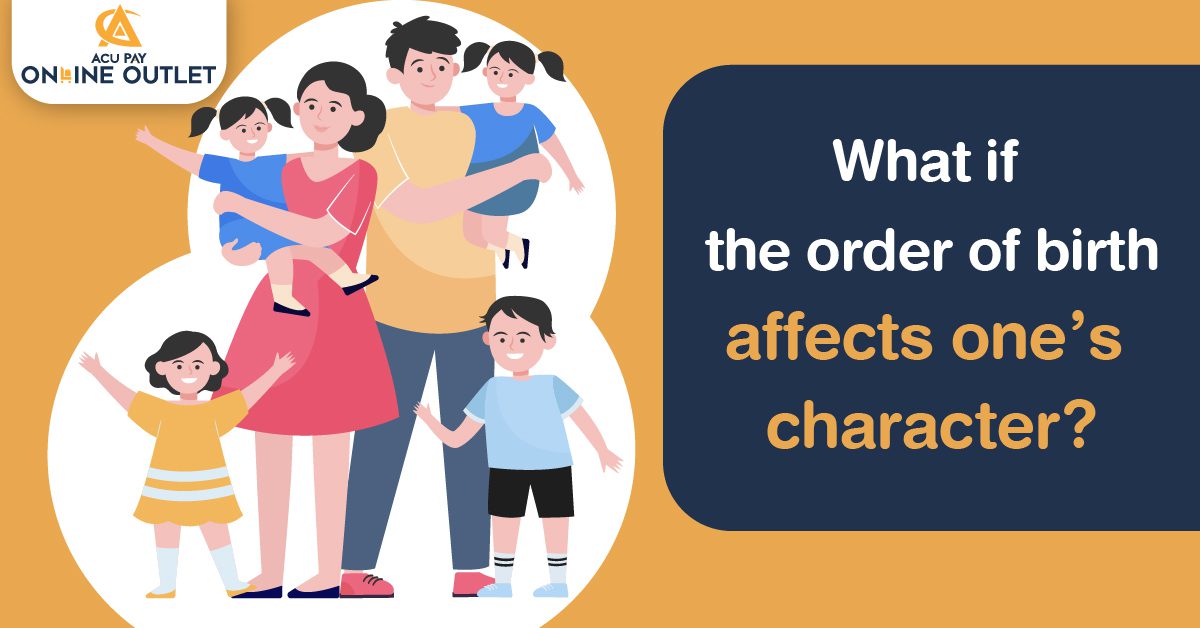
This article is based on the Birth Order Theory, invented by Alfred Adler, an Australian psychologist, who indicated that how a person behaves depends on the person’s surrounding environment. For example, heredity, society, traditions, environmental conditions, situational factors that affect the upbringing, and another factor, ‘ order of birth’.

High imagination/ Perfectionist/ Is mature
Let’s get started with the only child. According to Adler’s theory, anyone who is an only child is often surrounded by parents and adults more than spend time playing with friends of the same age. As a result, the only child tends to mimic the adults’ behavior who surround them, both in language usage and postures, making them look more mature than other children of the same age.
In addition, being an only child makes parents rather protective, making the only child always rely on parental supervision. Since the only child has no siblings, they tend to have a high imagination, maturity, perfectionism, and smartness, so sometimes they pressure themselves too much because they would like to make their parents proud of themselves. However, they are also stubborn and self-willed because they do not have siblings to share things with.
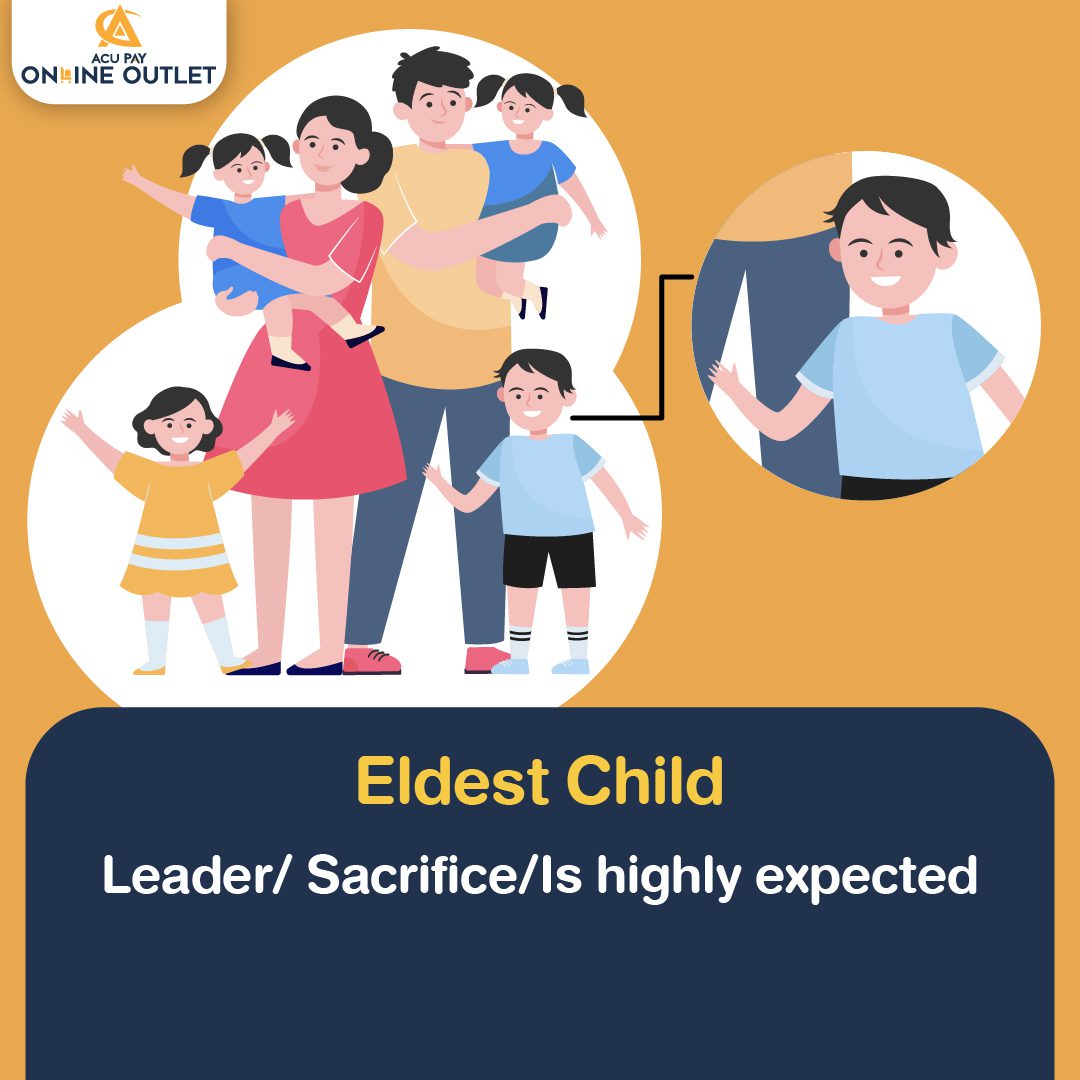
Leader/ Sacrifice/Is highly expected
The eldest child is considered the first and only child till their parents have another child. According to Adler’s theory, being the eldest child makes parents pay special attention to them. In a certain aspect, paying the most attention to their eldest child causes the parents to have higher expectations of the eldest child than any other child.
A thing that the eldest child has to learn is sharing and sacrifice. Having younger siblings forces the eldest child to put on a new role which is to be a leader from the parents’ expectations that the eldest child has to be an example and giver to their younger siblings. Most of the time these roles can lead the eldest child to have serious characteristics and hold the power to themselves, making their habits quite leadership.
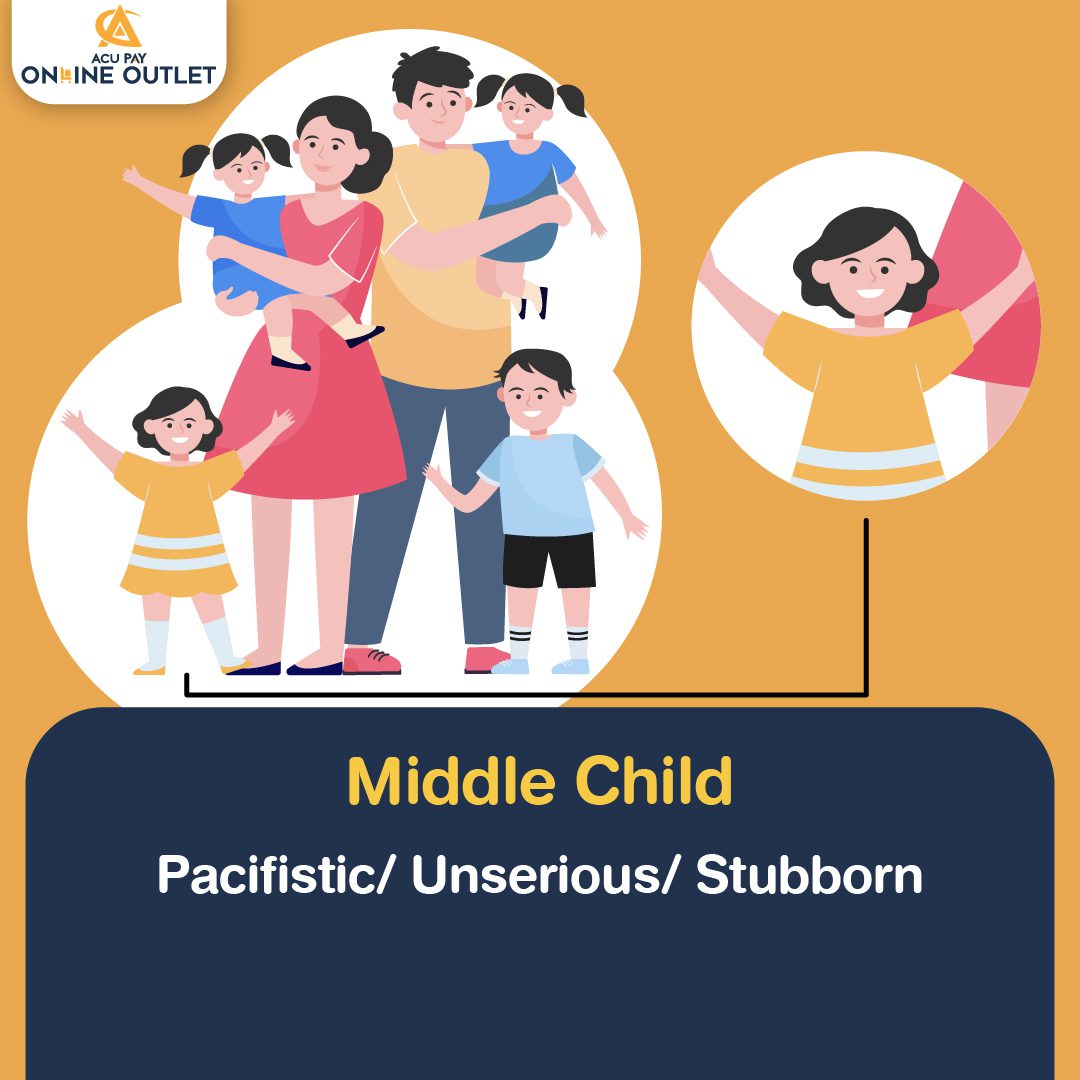
Pacifistic/ Unserious/ Stubborn
Let’s continue with a middle child. The middle child is between older siblings and younger siblings. They would like to get attention from their parents between them and their older siblings, also they have younger siblings, making the interest parents share with the middle child may not be enough. Therefore, the middle child has to act differently from the younger and the older siblings because they feel like they do not exist. They often adjust themselves, putting on both roles of being older siblings and younger siblings, so they learn the way how to compromise to survive.
However, the middle child tends to isolate themselves from their siblings to be with themselves peacefully, making the middle child seem unserious and not care to be the leader or take any responsibility. Nevertheless, when the middle child has younger siblings, they tend to get competitive and stubborn if they feel they do not get enough attention from their parents. In general, the middle child tends to have better adaptability than siblings.
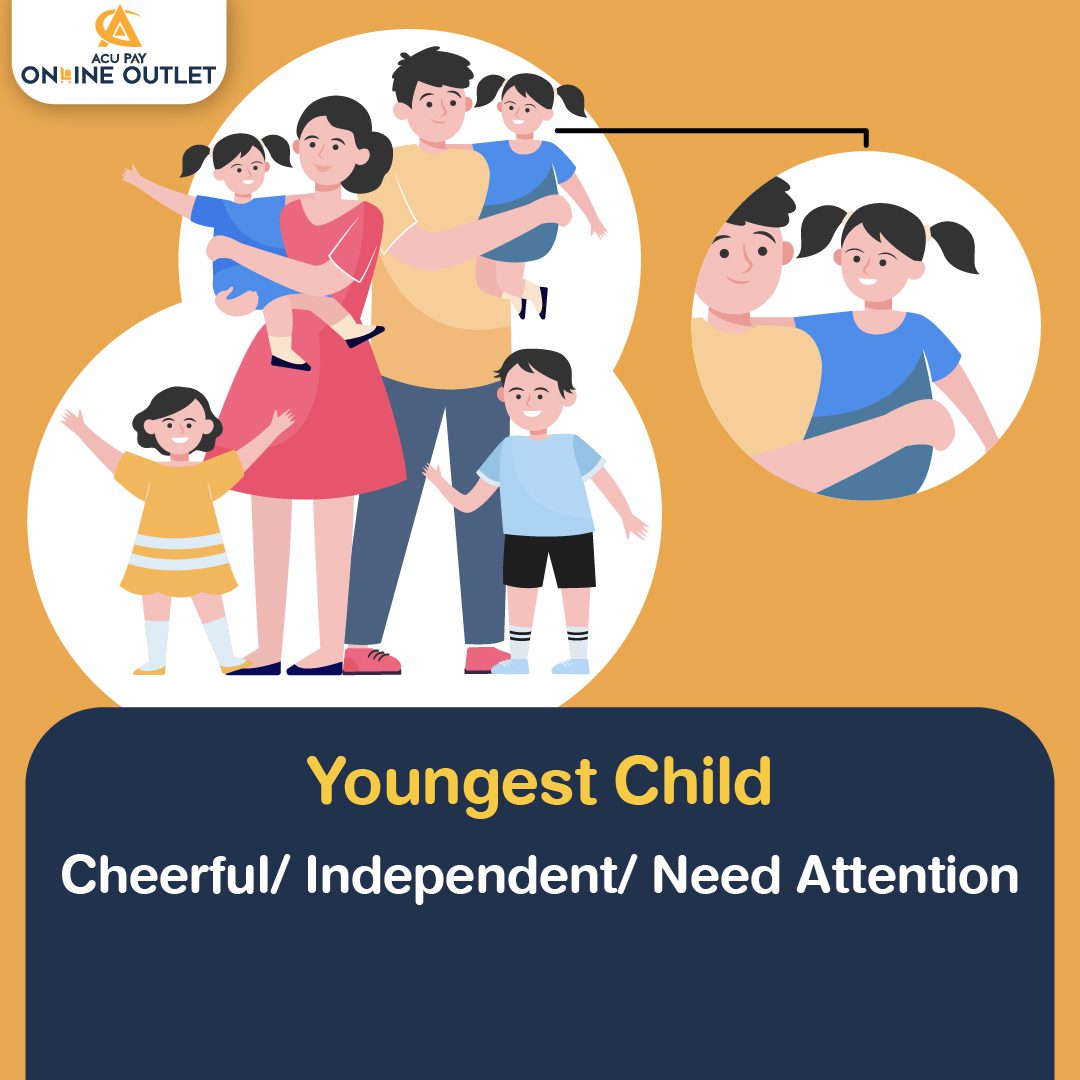
Cheerful/ Independent/ Need Attention
As we all know, the youngest child is always indulged, coddled, and helped by their family. The parenting experience of the previous child makes the parenting style different and has the most freedom among other children’s sequences, making the youngest a cheerful, fun, independent lover, but self-centered, immature, and often ask for help from others.
The youngest child is often seen as a young kid, no matter how old they are. This feeling can make them cheerful and expressive, but it can be like a motivation for them to prove to everyone that they are grown up. Adler said they are always trying to excel in every way to be the right person in the family.
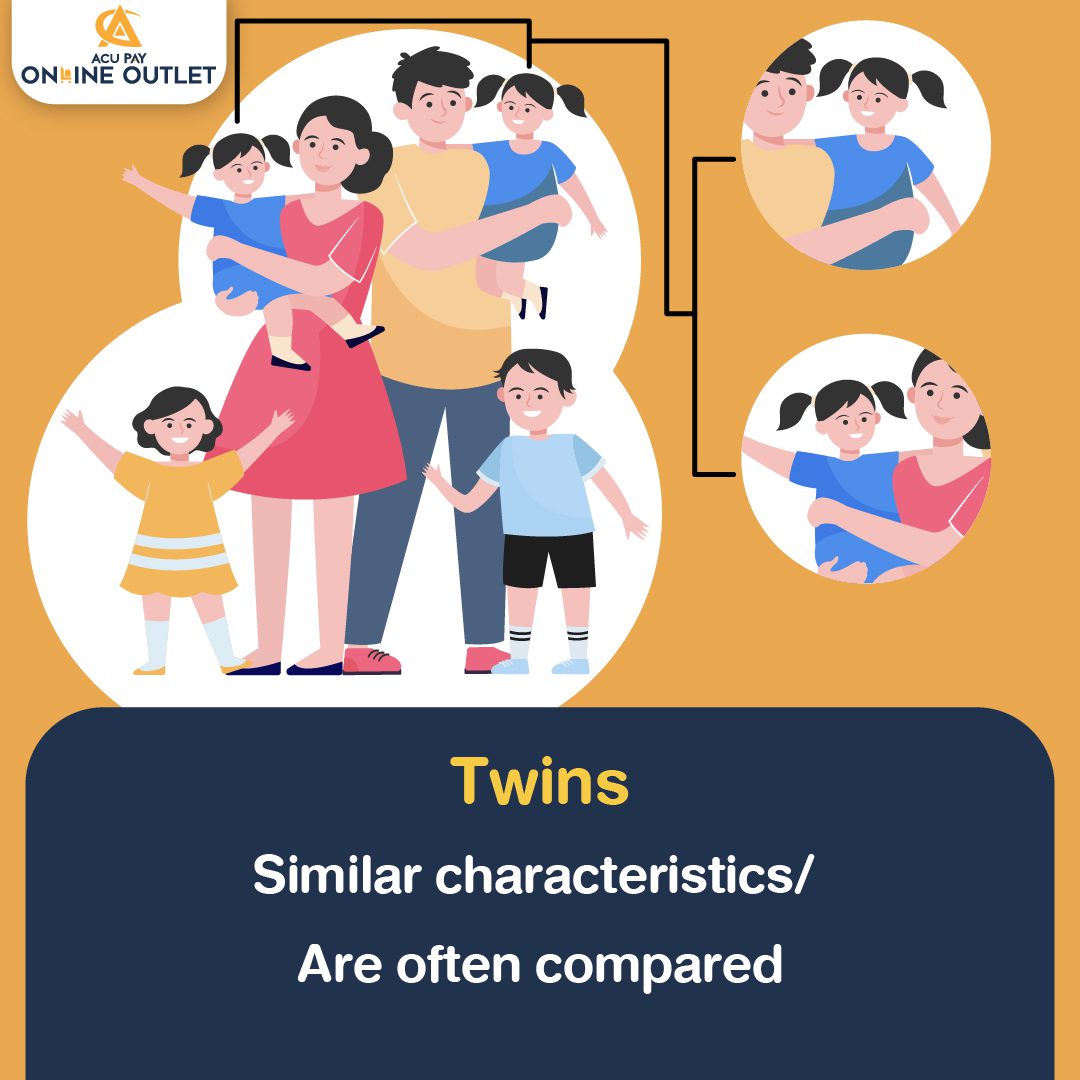
Similar characteristics/ Are often compared
The last one is twins. The twins often come with the notion that ‘twiners must be alike’ and must like anything similarly and have similar habits. However, that’s a false belief, even if they’re born around the same time or attached since being in the womb, they’re different people. Being born at the same time at the same age, twins are always compared to their twins, making them feel ignored by loved ones or jealous of each other.
Adler’s theory believes that the belief that twins must be identical may lead to identity-finding problems. Is it wrong for them to be different? or is it wrong to be not as successful as the other? It can be said that twins may be compared throughout their lives, depending on the care of the parents.
Frankly, all parents have always had love for their children, but the love for each child varies according to the time, environment, readiness, and understanding. That’s why we see different personalities in the order of birth.
Even when raising children, for example, when they have the eldest children, parents may experience financial difficulties, start saving the situation when they have middle children, and be ready in all aspects when they have the youngest children.
These can also affect the personality and habits of each child, so it’s the answer to the question of why siblings who are raised alike have different habits.
References from

ให้ทุกเรื่องการเงินเป็นเรื่องง่าย เริ่มต้นวันดีๆ ไปกับเรา MAKE A GREAT DAY WITH ACU PAY